Education in China
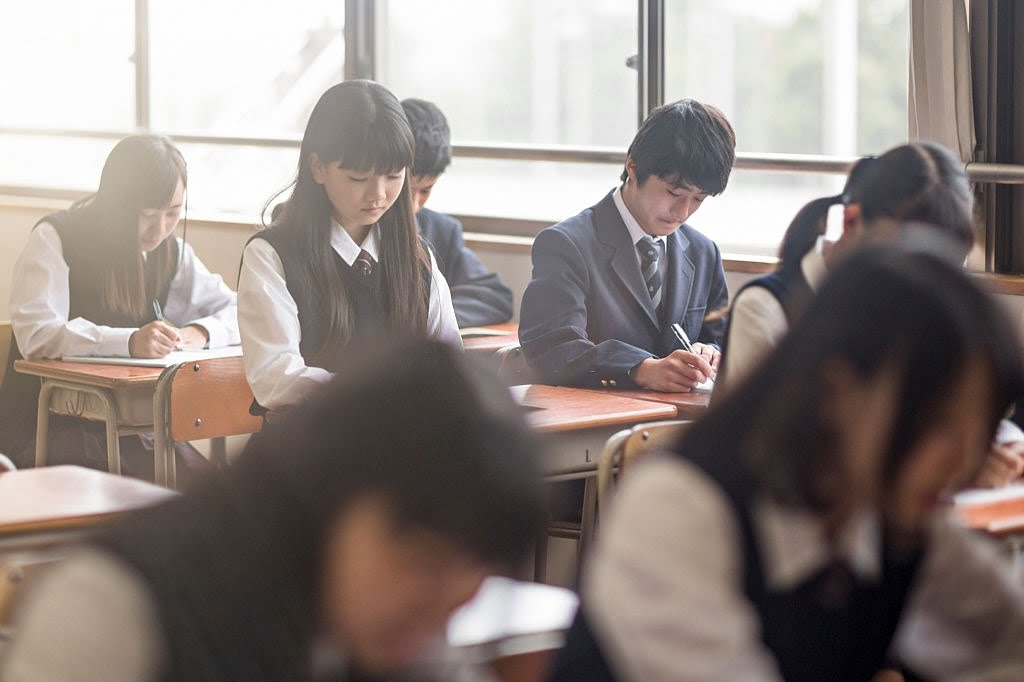
In China, the amount of pressure to do well in school is astronomical. By the time a child is seventeen, they will know if they will become wealthy and successful or work in a factory for the rest of their life. According the Harvard professor Vanessa Fong, the number of children a family can have is limited, so they need their child to be successful to support their family. The college entrance exam in China is a huge deal to them because it basically determines the course of the child’s whole life. This makes the competition extremely tough, especially when every child is already very smart and studious. The pressure the college entrance exam gives a child is extremely high because they feel pressured by their parents to do well or else, they may not be able to support them.
In Chongqing, the most elite and challenging public high school is Bashu Middle School #2. Unlike the United States, the only way to get a well-paid job in China is to take the college entrance exam. They consider senior year to be the hardest year, but in the United States, senior year is more relaxed and stress-free. The students in Bashu Middle School #2 are all aiming to get into very elite colleges which basically guarantee success. The photos of the students who made it to the best colleges are actually hung up on the wall. The students are always competing with each other to be the best in their school. The brightest students are put into honor classes, but they can be removed at any time throughout the year if they don’t get good grades. Chinese, English, and Math are necessary courses to take at Bashu (Gaokao, 2017). They take their schooling very seriously. The students must follow very strict rules, one being that they cannot socialize with each other unless they are at lunch. The girls are not allowed to wear any makeup or high heels. They also are not allowed to date, as all these things would be deemed distracting and would not allow them to concentrate on their studies. The main goal is to have every student go into the top universities in China. The teachers are even given a bonus if they get a certain amount of students into the best colleges that year (Gaokao 2017). Success is highly rewarded, while failure is not accepted.
At Bashu Middle School #2, the teachers and the students go to school seven days a week. “Although Bashu is a public school, it is run like a competitive business” (Gaokao 2017). Since children are expected to take care of their parents when they are older, the parents invest highly in their child. They make sure their child gets the best possible education, so they can be successful and take care of them in their older age. A child that does not do well in school would end up not being able to take care of their parents. Depending on how much money the family has, they can do things to make the child’s life easier while they get their education, like renting a house nearby and doing all their chores. Students who come from a family with very little money usually live on campus in the dorms and are being paid to attend school from a scholarship. The annual tuition at Bashu is about the same as the national household income in China, which is $2,200 (Gaokao, 2017). It common for most students who have less money to be paid to attend school with a scholarship. It is usually more stressful for these students because they are not able to see their family who live far away. They also know they are their parents only chance of having a better life. The stress of college testing, especially in Bashu Middle School #2, rests on the shoulders of the students.
In China, education is based on memorization of lectures and the textbooks. Only recently did they introduce more creative concepts (Gaokao 2017). Students have to be constantly motivated to study for hours at a time. It is possible that a student can have a nervous breakdown and be unable to continue their studies. It is important for the students to be motivated and not too stressed. For some students, it is their family that keeps them motivated. The students finally get a break from school on Chinese New Year, for four weeks straight. This is usually when the students get to see their parents, some only seeing them during this time of the year. During the final year of school, this is the only time some students can go home (Gaokao 2017). If the students that came from a low-income household did not go to school, they would most likely be working in a factory or some other low-paying job to help support their family. Many of the students believe if they work hard and stay determined, they will become successful, no matter what their financial situation at home is.
The amount of pressure on students may have played a part in China’s suicide rate, which is among the highest in the world. It is also in the top five causes of death among Chinese youth (Gaokao 2017). A teacher in the documentary “Gaokao: China’s National Higher Entrance Examination”, told parents to pay attention to students who did poorly on tests or had unexpected results. Finals week is a very stressful time for students, and their mental health needs to be watched especially during this time. During finals week, the students are making sure they reviewed all the work they did throughout the year. The test is a “comprehensive multiple-choice test” that covers Chinese, English, and either science or humanities (Gaokao, 2017). This is the students only chance of becoming successful, so they are extremely and understandably stressed. A teacher in the documentary “Gaokao” gives the students advice before their test: go to sleep on time, take a shower beforehand, sleep, stay in a good mood, don’t rush on the test, and remain calm. In China, they close streets near the examination rooms and order cars not to beep (Gaokao 2017). Hotels near the examination rooms are booked months in advance. Everything is made to be as stress-free as possible. The stress of the final exams even affects the parents of the students because of how much of it relies on not only their child’s future, but their own. The final examinations cause a lot of stress for everyone involved, but it is important to stay calm and focused.
The National Higher Entrance Examination in China causes students and parents a lot of stress because both of their futures rely on this test. If a student does not do well on this exam, their entire future will not be able to improve. In China, the only way to become successful is with a college degree. Without a college degree, a student will end up working in a factory or doing a similar low-paying job. It does not only affect the student because in China, a child is expected to take care of their parents as they age. The parents are only allowed to have one child, so they need their child to be successful enough to be able to take care of them. The National Higher Entrance Examination in China not only determines the student’s entire future, but the future of their family as well, so it is expected that stress levels will be extremely high for all involved.
References
“外國人眼中的中國高考:又見高考(Gaokao: China’s National Higher
Entrance Examination)”. 2017.

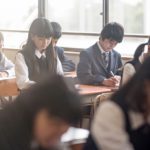

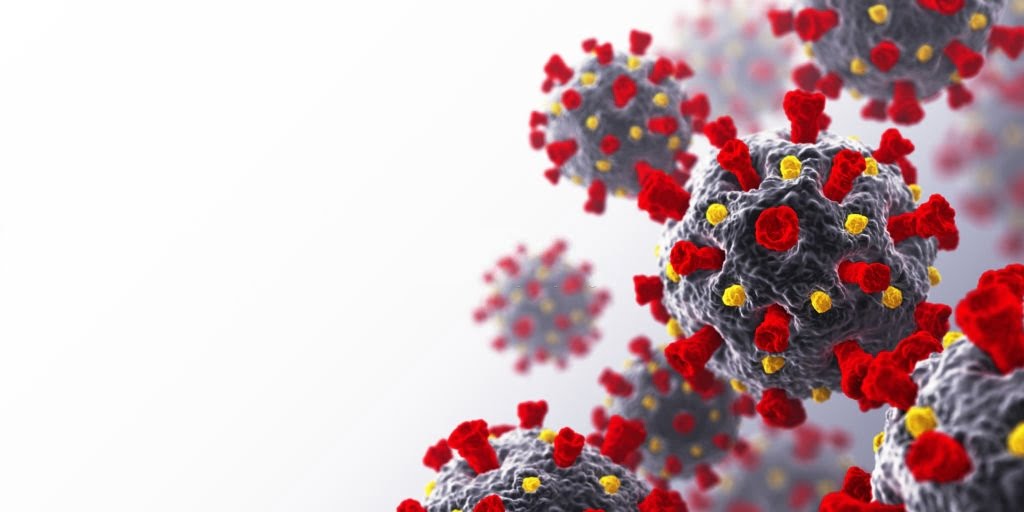
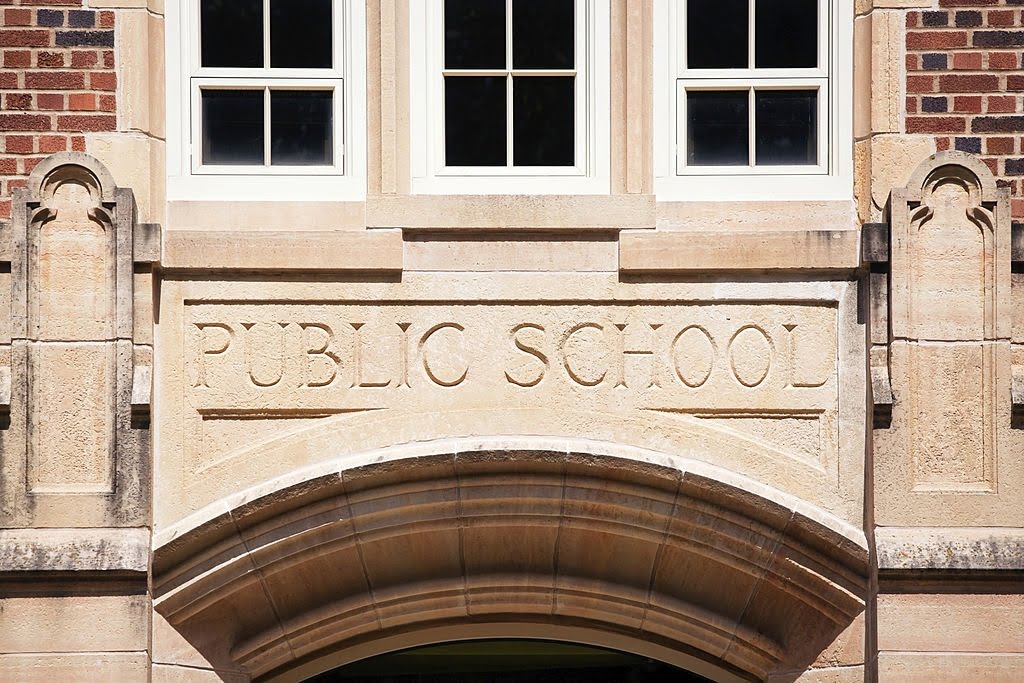

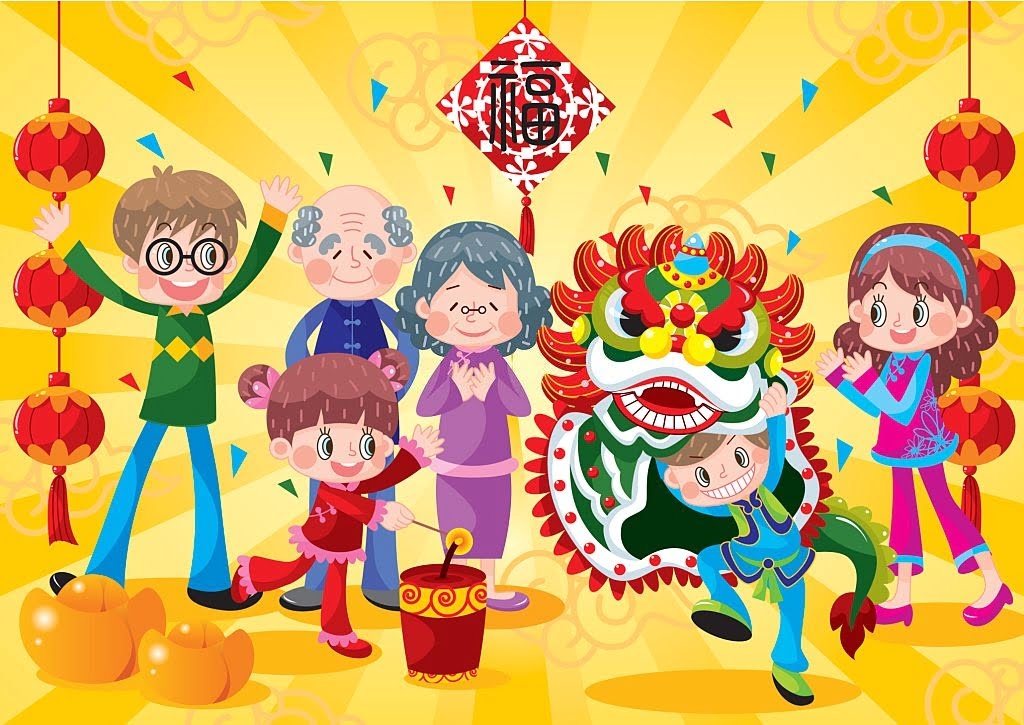
Compared to Western education, Chinese education puts too much pressure on students, which has both good and bad sides. In other words, students are able to achieve relatively good results in standardized tests through pressure education, but this also stifles students’ creativity and ability to think independently. We cannot be slaves but masters of our learning, and this requires schools to take students’ needs into account. I understand that different countries have different education systems, but if you put too much pressure on the students, it will have a negative effect. Of course, there are just as many problems if the students are not pressured. This calls for a balance to be maintained between the two. I’ve been thinking about this. Your article talks about very important issues, thank you very much. Hope to read more of your articles.